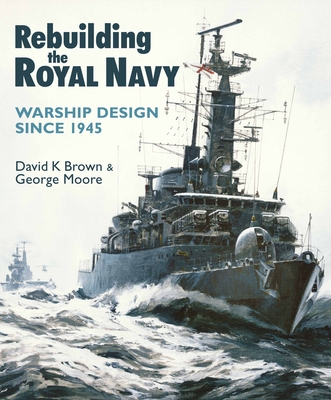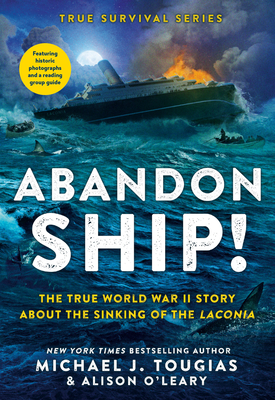
description
gn history of post-war British warship development, based on both declassified documentation and personal experience, and is the fourth and final volume in the author's bestselling series on Royal Navy warship design. In this work the author tackles the period in which he himself worked as a Naval Constructor while this personal knowledge and experience is augmented by George Moore's in-depth archival research on the substantial body of material declassified in recent years. Although the fleet was enormous in 1945, much was old and worn-out, and Britain faced economic austerity and a reduced world role. At the same time new threats and novel technologies rendered even the newer ships obsolescent. How British designers responded to these unprecedented challenges is one of the central themes of the book. It covers some of the ambitious ideas for replacement or conversion of the bigger ships, most of which were stifled by lack of funds, but much of the contents is devoted to new construction, with chapters on all the major categories from aircraft carriers, through destroyers and frigates, to submarines (including nuclear and strategic), minesweepers and small craft. Each contains new information on unbuilt designs, identifies many innovations, and analyzes the impact of the Falklands War. At the dawn of a new century the Royal Navy is a powerful and potent force, far better equipped for its world role than at the end of the Second World War; this book offers a fascinating insight into how a first-class fleet was built to meet the new challenges.
member goods
No member items were found under this heading.
Return Policy
All sales are final
Shipping
No special shipping considerations available.
Shipping fees determined at checkout.







